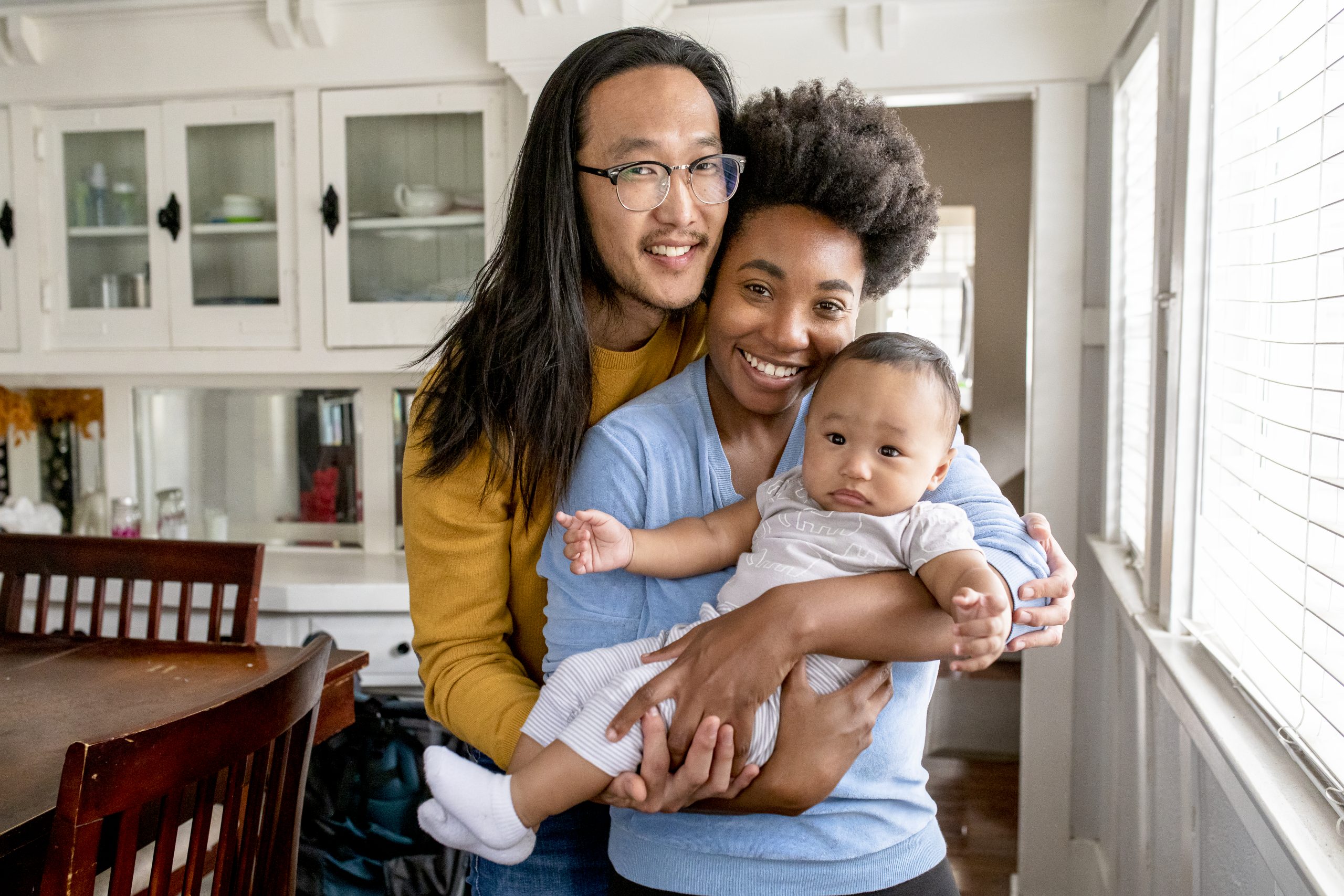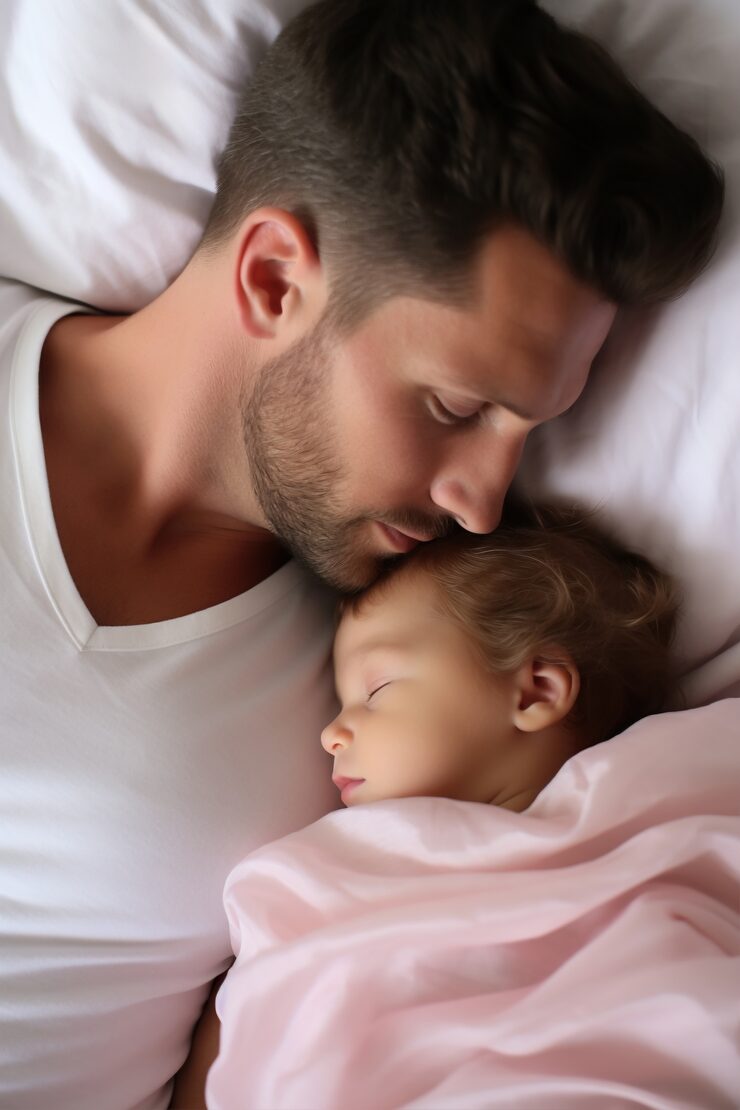Sleep Coaching Services
Restful nights start here, one night at a time!
For any new parent, sleep – both your child’s and your own – is a precious commodity. Given the constant changes in infant and child sleep patterns, parents can quickly find themselves exhausted and overwhelmed.
As a sleep coach, we will bring much-needed rest and relief to your family by leveraging expertise in sleep science and proven strategies for sleep support – infants through 6 years of age. It will make a difference in the whole family’s quality of life.









"Megan supported me through the postpartum period of all three of my sons. Whether it was a complicated birth or smooth sailing, she always knew what I needed — even when I didn’t. Her calm, loving presence gave me confidence and peace. I wouldn’t do it without her."